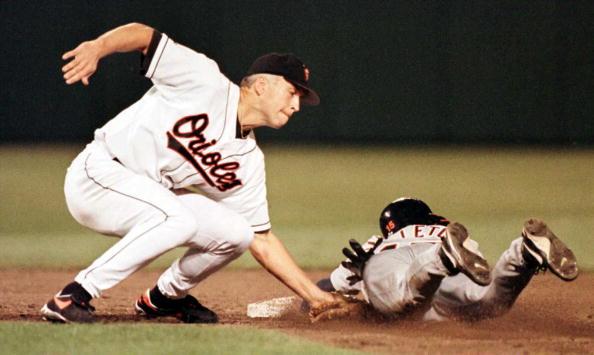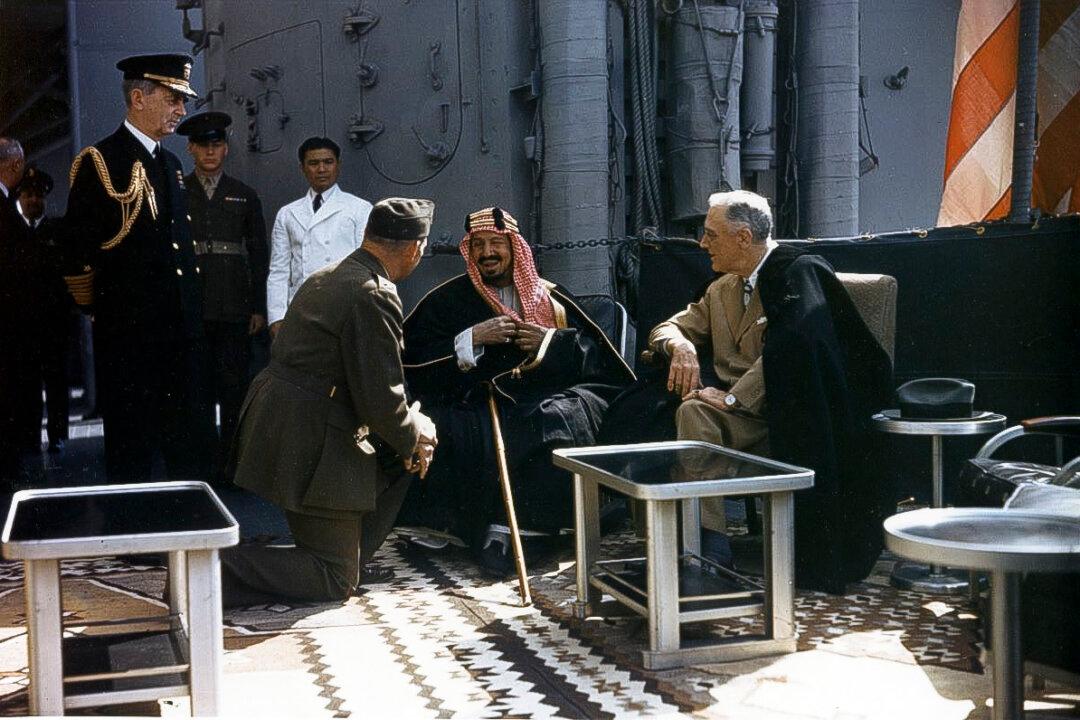On Aug. 2, 1994, Major League Baseball (MLB) came to a screeching halt. The players went on strike and the owners didn’t budge. A shortened season with no postseason was unbelievable, especially for fans too young to have experienced it. The strike continued until April 2, 1995, but many fans were too angry to care that the game was back.
Baseball has long been called America’s pastime. Its rich history stretches back into the Civil War era. It is a game of folklore, myth, and legend. The giants of the game like Ty Cobb, Rogers Hornsby, Babe Ruth, and Lou Gehrig, accomplished things mere mortals never could―or at least that is how fans prefer to remember it. That is how the magic of baseball was kept alive. Heading into the 1995 season, that magic was gone.






